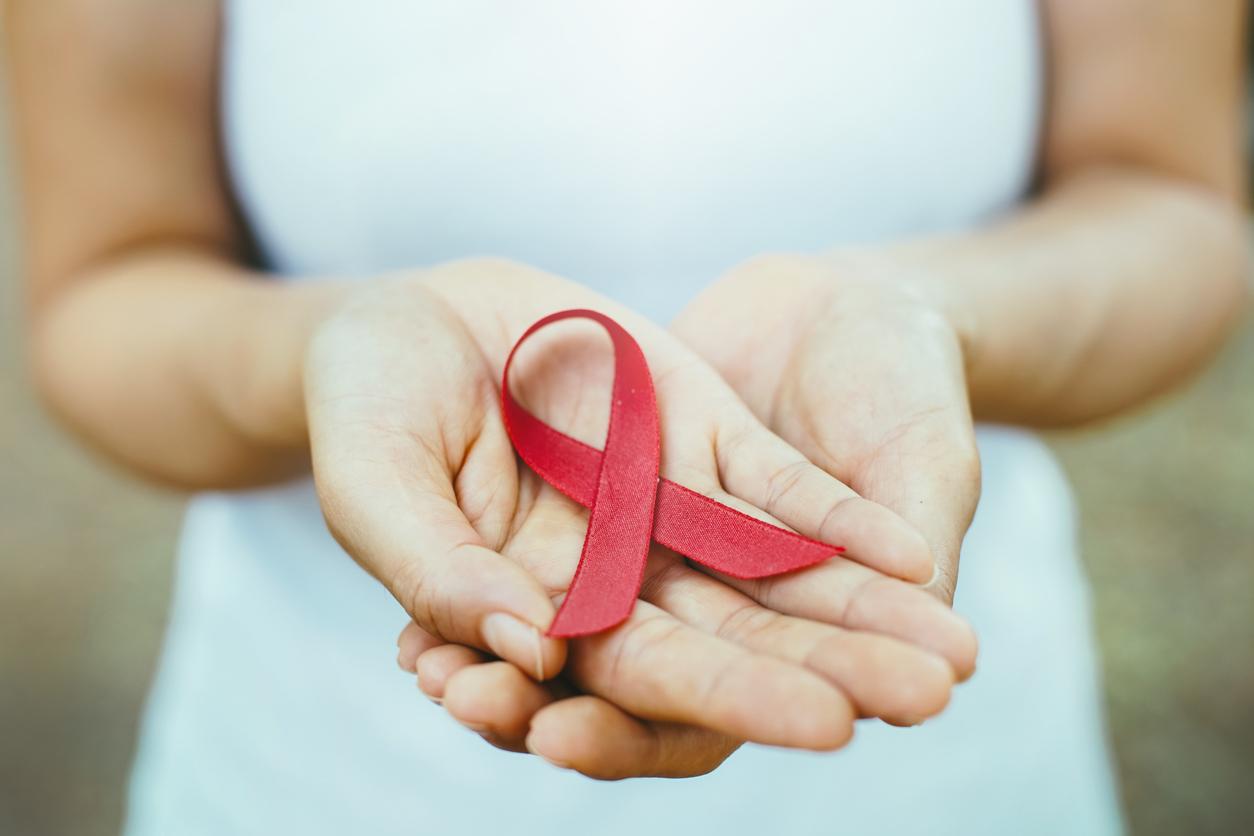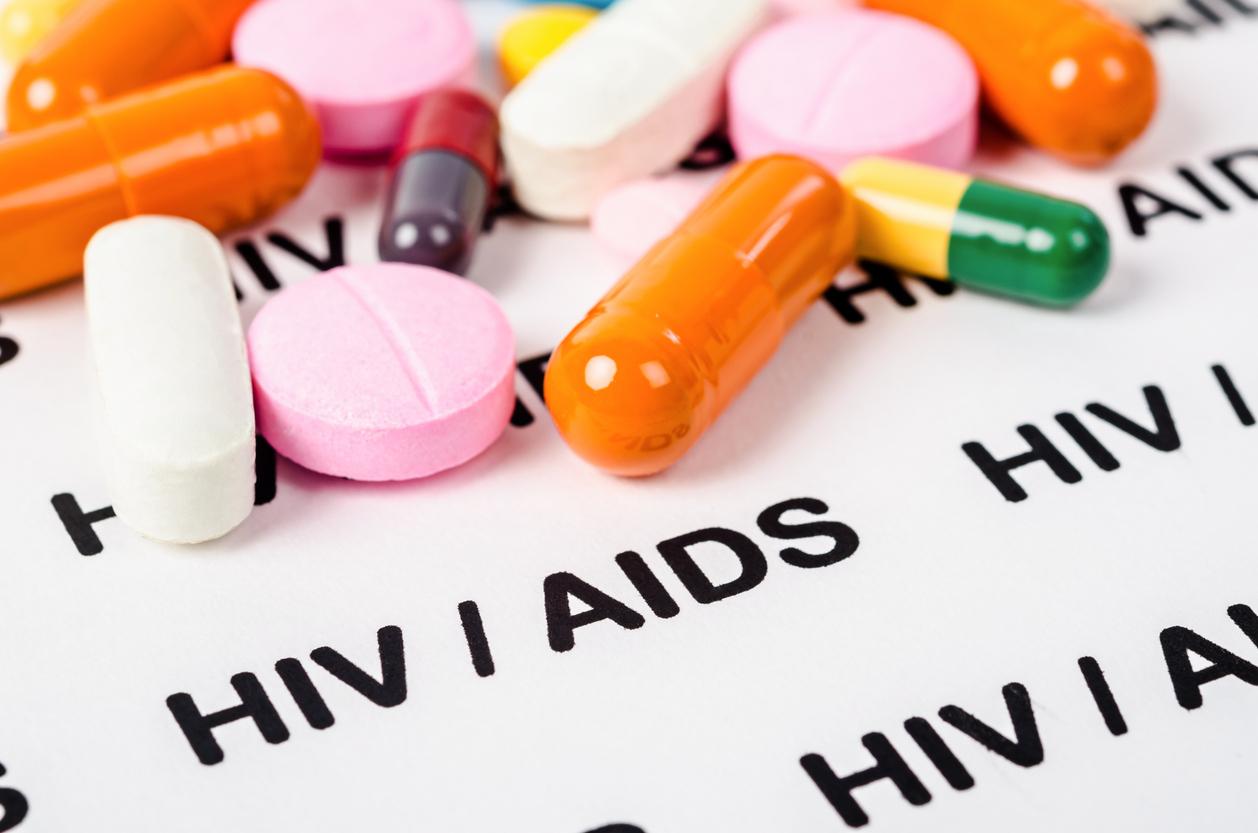In the United States, half of men who have sex with men diagnosed with HIV are not on antiretrovirals, according to a recent report.

They make up only 2% of the American population, but they are the most affected by HIV. Men who have sex with men (MSM) are screened in the latest weekly newsletter from the U.S. Centers for Disease Control and Prevention (CDC). The findings are worrying.
Difficult access to healthcare
In 2010, 10,093 American MSM were tested positive in 19 jurisdictions. Among this population, 77% were referred to a medical structure. The others did not see a health professional. “Lack of health insurance, stigma and discrimination can influence MSM’s access to medical care,” commented the authors of this report. They recommend the implementation of interventions targeting the populations most at risk – young men under 25, and African Americans – so that they do not fall through the cracks of the net.
Of the men referred to a health center, half stayed there, and 49.5% received antiretroviral treatment. A very low figure, which underlines the extent of the efforts that remain to be made. “Increased access to care and sustained treatment are crucial to improving health and reducing the potential for HIV transmission among MSM, who represent the majority of people with HIV infection,” insist the researchers. However, it should be noted that not all people with HIV need treatment.
Efforts must be stepped up
In the fight against HIV infections, it is nevertheless crucial to treat as many patients as possible. Because the results are quite good: 42% of men taking antiretrovirals have managed to suppress their viral load. Good coverage of HIV-positive men also reduces the risk of transmission of the virus.
“The results of this report underscore the need to continue to expand prevention, care and treatment efforts, to achieve improved management, maintenance of care and viral suppression in MSM, especially older people. under 25 and African Americans, ”the report’s authors conclude. “As MSM account for more than half of new infections and about half of people living with HIV, to reduce the incidence of HIV, improve their health status, and reduce HIV-related health disparities in states -United, the needs of MSM in prevention and care must be addressed. “
.















